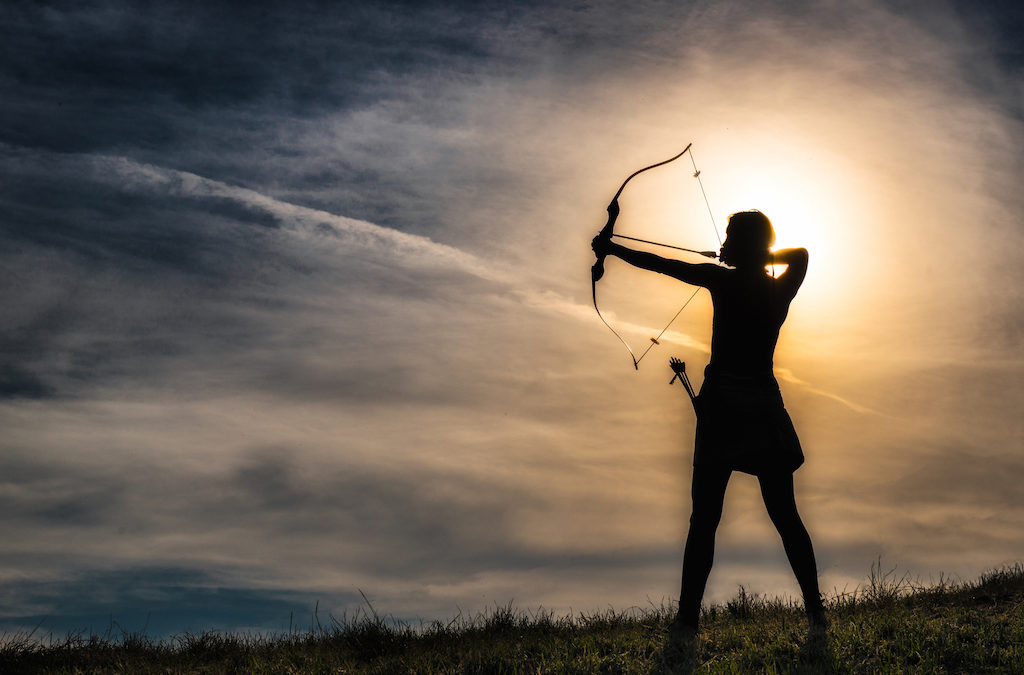Over the years, I’ve had a long and varied history with the word “hope”. For a long time, I thought of it as a kind of a toothless variant of positive thinking, keeping people mindlessly justifying all kinds of horrible circumstances in the vainglorious hope that things would magically improve all by themselves.
My view was changed the first time I read Tolkien’s Lord of the Rings trilogy. There, the magic of hope was revealed in the uplift it gave people, a kind of a spiritual recharge that gave them the strength, lightness, and courage to face even seemingly overwhelming odds.
Dark magic, by way of contrast, was used to dominate the will of others and take away their hope, leaving them discouraged, downhearted, and both unable and unwilling to help themselves or others.
Suddenly hope seemed like a good thing, and I began to recognize in my work with clients and students that the first thing they often got was a feeling of hopefulness – a sense of possibility that today could be better than yesterday and that even seemingly intractable problems could shift and change, sometimes more easily than ever imagined.
Here’s how I defined hope in Supercoach:
Hope is the magic elixir that energizes dreams, fuels possibilities, and lets you live beyond the limits of your habitual thinking. It’s not a promise that something you want will happen – it’s an invitation to enjoy the possibility of what you want while you and life negotiate the eventual outcome.
In other words:
Hope is the gateway to new possibilities.Click To TweetRecently, one of my mentors had a post-surgical stroke that could easily have been the beginning of the end, both of his career and his full participation in life. Yet in quiet defiance of the medical prognosis, less than four months later he is back to working, husbanding, grandparenting, and living with a new level of love and appreciation for life and the simple pleasures of being.
In sharing his story, he and his wife both spoke about the critical role hope has played in his recovery to date. At first, they simply hoped for a return to basic functioning. As his brain and body began to come back online, their hope upgraded to his being able to return to work and many of the day to day activities they had enjoyed previously. By the time I spoke with them, they were excited about stepping into a new world of love, appreciation, and possibility, not with a particular destination in mind but simply for whatever adventure life next places in their path.
“I always thought of myself as a positive person,” my mentor said, “but I’ve found a whole new level of hope”, my mentor said. “I’m really looking forward to whatever happens next.”
For me, this conversation got me thinking about what the “next level” of hope might look like in my world. Where were the edges of my own positive imagination? What still seemed like “too much to hope for”?
To my surprise, I realized how little I was willing to open up to expanded possibilities and how “realistic” my hopes had become. Instead of dreaming of more love, insight, and joy, I’d been hoping to not get too lost in my thinking. Instead of wondering how much more wonderful my relationship with my wife and children could become, I had slipped into hoping I could maintain our relationships as work became busier. And instead of enjoying the possibility of a truly global transformative business, I was “stretching” my imagination to cutting costs and increasing revenues without getting too exhausted in the process.
What feels like “too much to hope for” in your world? And perhaps more importantly, why wouldn’t you let yourself hope for a life beyond your imagination?Click To TweetWhen I asked these questions of myself, I immediately realized that I still think at some level that hope will inevitably turn into expectation, which inevitably leads to efforting, stress, and in many cases, disappointment, discouragement, and despair.
But when I asked my mentor and his wife about it, they were very clear about the difference between hope and expectation. “Expectation,” they said, “is like petrified thought, trapping all your hopes and dreams in a specific form. Hope, by way of contrast, is the spirit of possibility – an energy that will lift you up and carry you forward regardless of how things turn out.”
It made sense of something I had heard him say many times before but never really resonated with until now:
“Shoot the arrow, and wherever it lands, call that the target.”
With all my love,![]()






